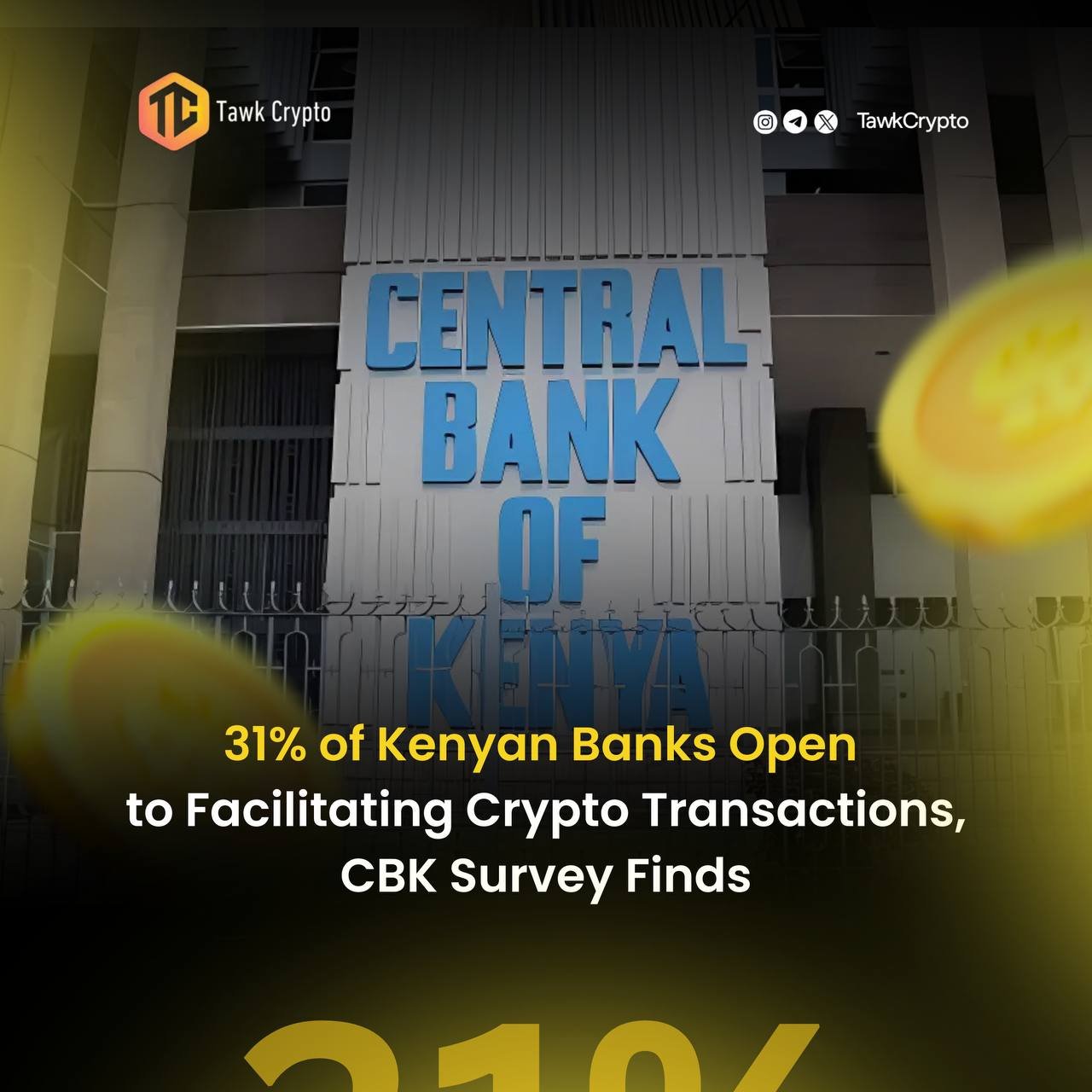

Kenya and Namibia Added to FATF Grey List Amid Cryptocurrency and Terrorism Financing Risks
Kenya and Namibia are the latest African countries to be placed on the Financial Action Task Force (FATF) Grey List, joining a growing number of nations under heightened monitoring due to concerns about money laundering and terrorism financing.
In its latest Plenary Statement, FATF confirmed that both countries are now subject to increased oversight, citing cryptocurrency-related risks and terrorism financing concerns as key issues for Kenya. Namibia’s Financial Intelligence Centre also acknowledged that the designation could negatively impact foreign direct investment (FDI) inflows.
Read also: South Africa’s FATF Grey List Exit Gains Momentum.
Kenya’s Response: Crypto Regulation in Focus
The Kenyan Treasury swiftly responded to the grey listing, emphasizing its commitment to implementing the FATF action plan. Authorities assured that the designation would have minimal impact on financial stability and highlighted ongoing efforts to strengthen regulations around cryptocurrency trading, which is seen as a potential avenue for illicit financial flows.
According to FATF, Kenya faces risks associated with terrorism financing from both domestic and international sources. The increasing use of digital assets has added another layer of complexity to the country’s anti-money laundering (AML) framework, pushing regulators to explore stricter oversight of crypto transactions.
Namibia’s Concerns: Economic Consequences of Grey Listing
Namibia’s inclusion in the grey list raises alarms over its potential impact on foreign investment and international banking relationships. The Financial Intelligence Centre acknowledged that increased monitoring might create obstacles for cross-border financial transactions, affecting both businesses and individuals.
While Namibia has already taken steps to strengthen AML measures, FATF’s assessment suggests that additional reforms are needed to improve transparency and curb illicit financial flows.
Africa’s Growing Presence on the FATF Grey List
Kenya and Namibia join at least 10 other African countries currently under FATF monitoring as of October 2023. These include:
- Burkina Faso
- Cameroon
- Democratic Republic of Congo (DRC)
- Mali
- Mozambique
- Nigeria
- Senegal
- South Africa
- South Sudan
- Tanzania
Notably, Uganda is set to be removed from the grey list following a recent onsite assessment verifying its progress in AML and counter-terrorism financing reforms.
South Africa and Nigeria’s Progress Since 2023 Listing
South Africa and Nigeria, two of Africa’s largest economies, were added to the FATF Grey List in 2023. However, South Africa’s National Treasury claims significant strides have been made in addressing the identified deficiencies.
According to South Africa’s 2024 budget review, key legislative amendments were enacted in late 2022, including:
- The General Laws (Anti-Money Laundering and Combating Terrorism Financing) Amendment Act (2022)
- The Protection of Constitutional Democracy Against Terrorist and Related Activities Amendment Act (2022)
FATF’s October 2023 plenary session re-rated 15 of the 20 deficiencies as no longer deficient, with 14 recommendations now fully or largely compliant. The country now faces five remaining technical deficiencies, which the government aims to resolve by October 2024.
FATF’s Role in Global Financial Security
The Financial Action Task Force (FATF) is an intergovernmental body that develops policies to combat money laundering, terrorism financing, and the funding of weapons of mass destruction.
Its FATF Recommendations provide a coordinated global response to combat:
- Organized crime and corruption
- Illegal drug trade and human trafficking
- Terrorist financing networks
With the rise of cryptocurrencies and decentralized finance (DeFi), FATF has expanded its scope to regulate virtual assets, ensuring they do not become channels for illicit financial activities.
What’s Next for Kenya and Namibia?
For Kenya, the focus will be on closing regulatory loopholes in cryptocurrency transactions, strengthening AML enforcement, and collaborating with international financial bodies.
Namibia, on the other hand, must mitigate the economic risks of grey listing by ensuring greater financial transparency and compliance with global AML standards.
While grey listing does not equate to financial sanctions, it signals increased scrutiny from international banking partners and investors. This could impact cross-border transactions, trade, and overall economic stability if necessary reforms are not swiftly implemented.
Final Thoughts
Kenya and Namibia’s addition to the FATF Grey List underscores the growing regulatory pressure on African nations to tighten anti-money laundering and counter-terrorism financing efforts. As cryptocurrency adoption rises across Africa, ensuring robust oversight mechanisms will be crucial in balancing innovation with financial security.







